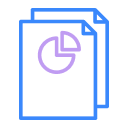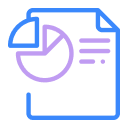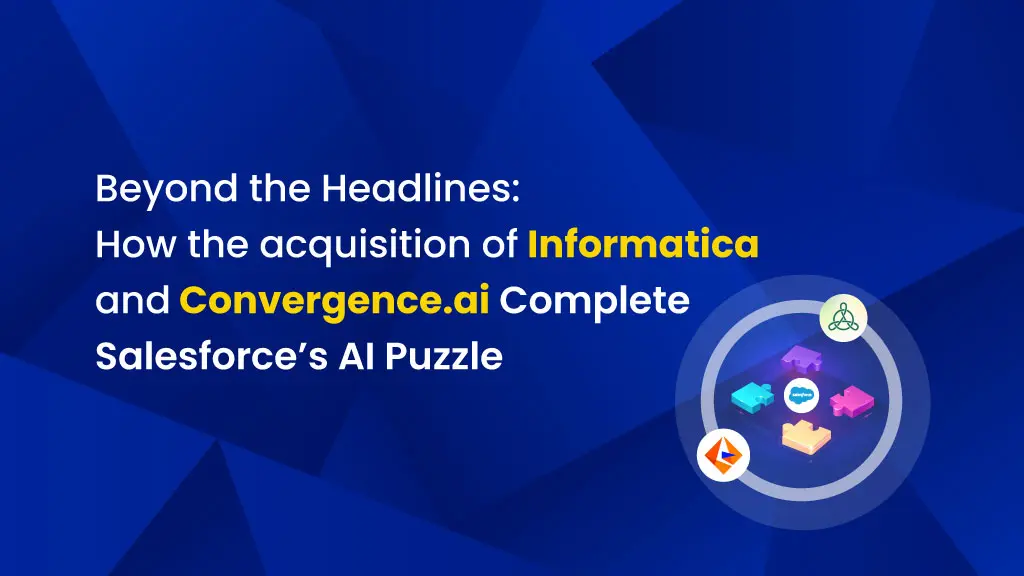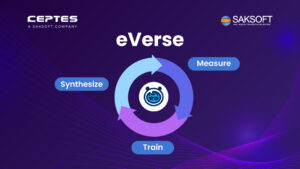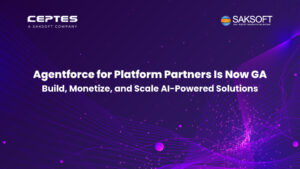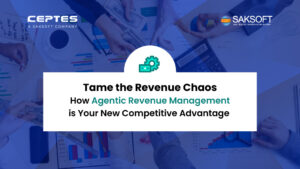Informatica cleans the data mess. Convergence.ai does AI magic. Salesforce wins.
In late May, Salesforce announced two strategic acquisitions: Informatica, a market leader in data integration and governance for $8 billion, and Convergence.ai, a stealthy UK-based agent-tech startup. These are strategic moves that signal a decisive shift from Salesforce’s product-led CRM platform to a broader platform designed for autonomous, AI-powered workflows across enterprise and its customers.
Let’s unpack why these acquisitions matter, what industry leaders are saying, and how they’ll reshape the future of AI-powered customer success.
The Rationale Behind the Informatica Acquisition
Informatica is not new to the enterprise data ecosystem. With deep expertise in metadata management, MDM (Master Data Management), and data cataloging, it has built a solid reputation for delivering trusted data pipelines across complex environments. Salesforce’s AI strategy—especially with Einstein AI and Agentforce —depends heavily on reliable, unified, and governed data. However, most enterprises still face fragmented data architectures. Informatica solves that at scale.
Why is this so significant?
- Data Transparency & Governance : Informatica enables complete lineage, auditability, and governance, which is essential for AI compliance in regulated industries.
- Contextual Understanding: By combining Informatica’s rich metadata with Salesforce’s unified data model, AI agents can interpret and act on enterprise data with deep context, enabling more intelligent and autonomous decision-making1.
- Data Quality & Security: Built-in MDM and data quality controls ensure that the data powering AI is accurate, standardized, and secure addressing one of the biggest challenges in scaling AI across enterprise.
Industry Implication:
This acquisition positions Salesforce to compete more effectively with Microsoft’s Fabric and Google’s BigQuery + Vertex AI stack by eliminating the need for third-party data tools.

“This combination brings together Salesforce’s Einstein and Informatica’s CLAIRE AI engines to forge the ultimate AI-data platform — trusted, explainable, and built to scale. Together, we’ll supercharge Agentforce, Data Cloud, Tableau, MuleSoft, and Customer 360, enabling autonomous agents to act with intelligence, context, and confidence across every enterprise.”
Marc Benioff, Chair and CEO of Salesforce
The Strategic Significance of Convergence.ai Acquisition
While the Informatica deal is about building the foundational data stack, the acquisition of Convergence.ai is a clear play to accelerate Salesforce’s AI capabilities. Convergence’s core strength lies in its agentic AI capabilities—a leap beyond conventional large language models. Unlike traditional copilots that require step-by-step prompting, Convergence’s agents are designed to operate autonomously across systems with minimal human input. So, Informatica strengthens the foundation, Convergence.ai addresses the frontier of intelligent action.
Why is this so significant?
- UI-Agnostic Agents: Convergence’s agents can interact with any web-based or internal system, enabling Salesforce to deploy Agentforce across diverse customer environments without custom development—drastically accelerating enterprise AI adoption.
- From Copilot to Autonomous Intelligence: With long-term memory and adaptive learning, Convergence agents don’t just assist—they evolve with business processes. This enables Agentforce to move from reactive support to proactive, self-improving execution.
- Minimal Human Intervention: Convergence has been benchmarked against other LLM-based agents and shown to require significantly fewer human interventions, especially in multi-step, high-complexity tasks. This translates into greater trust, lower operational friction, and faster time-to-value for AI deployments.
Industry Implication:
With Convergence.ai, Salesforce signals its intent to lead in agentic automation, challenging the dominance of Microsoft’s Copilot Studio and OpenAI’s plugin-based ecosystem. Unlike traditional copilots that rely heavily on predefined steps or integrations, Convergence-powered agents offer platform-agnostic execution, dynamic adaptability, and minimal human supervision.

“We’re looking toward a future where Agentforce can empower our customers with AI agents that don’t just follow instructions, but truly perceive, reason, and adapt to the complexities of modern digital workflows. Imagine AI assistants that can intuitively navigate ever-changing interfaces and intelligently manage intricate tasks with a new level of resilience and human-like ingenuity – that’s the kind of step-change we’re eager to explore.”
Adam Evans, EVP & GM, Salesforce AI Platform, Salesforce
Implications for Customers and Partners
Enterprise Customers:
- Easier consolidation of multiple CRMs or data sources during M&A or expansion.
- Agentforce can take over routine operations: case resolution, renewals, approvals.
- Better data lineage and auditability for compliance teams.
System Integrators / ISVs:
- New opportunity to build vertical-specific agents that operate within governed data zones.
- Decreased reliance on third-party data ops tools—opening co-innovation with Salesforce.
SMBs and Mid-Market Customers:
- Will benefit from simplified setup and automation templates powered by Agentforce.
- Reduced complexity in data onboarding and AI activation.
Synergistic Value of the Combined Architecture & Capabilities:
| Layer | Capability | Tool |
|---|---|---|
| Data Integration | ETL, MDM, data cataloging | Informatica |
| Data Activation | Harmonized, real-time insights | Salesforce Data Cloud |
| Intelligence Layer | Predictive, generative capabilities | Einstein AI |
| Agentic Automation | Autonomous multi-step workflows | Agentforce + Convergence.ai |
| Insights & Feedback | Analytics, optimization loops | Tableau |
Final Analysis:
These acquisitions strengthen Salesforce’s position as the go-to platform for enterprise AI, not just CRM. The company is building a “system of intelligence on a trusted system of understanding,” setting itself apart from competitors who may offer AI features but lack the same depth of data integration and governance. This strategic shift transforms Salesforce into a closed-loop system, where clean data is ingested, governed, and activated; smart agents operate on this data with autonomy; and results are monitored and improved in real time.
In this case, Salesforce is making a decisive bet: that the winners in the AI era will be those who can unify data, governance, and intelligence into a seamless, trusted platform. For customers, this means more powerful AI, faster innovation, and the confidence that comes from knowing their data—and their business—are in good hands.
Now, the question is – is your AI really saving you time—or are you still hand-holding it after every release? Let’s talk about how your organization can move from AI assistance to true AI autonomy with minimal human oversight. Contact us for further consultation.
FAQ:
1. What is Salesforce Agentforce?
2.How much does an Agentforce AI action cost?
Each AI action performed via Agentforce consumes 20 Flex Credits, which equals $0.10 per action.
3.What are Flex Credits and how do they work?
4. Can I convert my unused user licenses into Flex Credits?
5.Are there any free credits available to try Agentforce?
Yes. Customers with the Salesforce Enterprise Edition or higher receive 100,000 free Flex Credits to get started with Agentforce.
Let innovation meet flexibility – Agentforce is your gateway to smarter AI adoption. Explore pricing and get started today.

Nilamani Das
Nilamani is a thought leader who champions the integration of AI, Data, CRM and Trust to craft impactful marketing strategies. He carries 25+ years of expertise in the technology industry with expertise in Go-to-Market Strategy, Marketing, Digital Transformation, Vision Development and Business Innovation.









